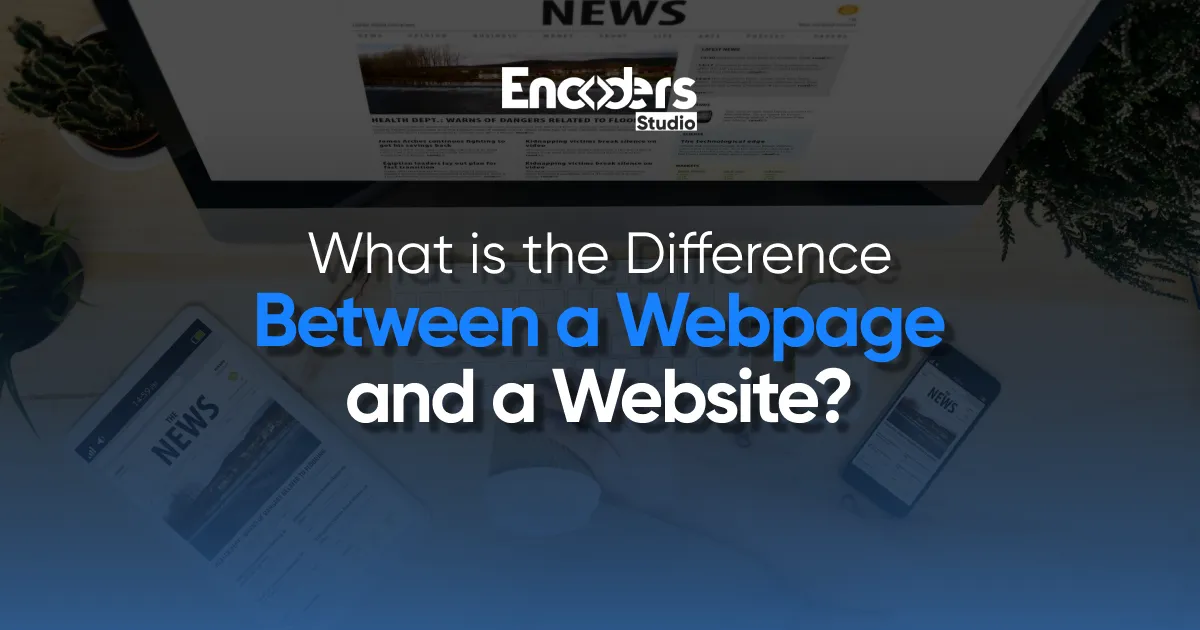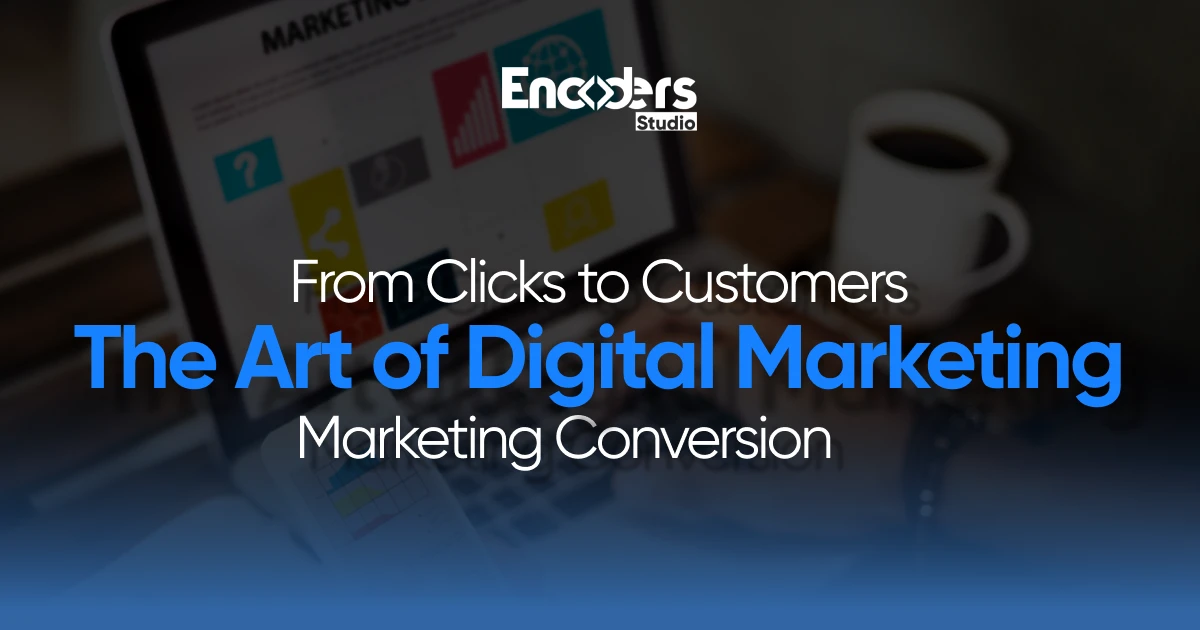Many individuals use the phrases “webpage” and “website” equally in today’s increasingly digital environment. These two phrases, however, describe distinct aspects of the online experience. Knowing the difference between a webpage and a website is essential for maintaining your online presence and interacting with developers, whether creating a personal blog or operating an ecommerce business.
What is a Web Page?
A web page is a document that may be viewed using a browser. It is a separate web page with particular content, such as text, pictures, videos, or forms. Consider a website as a single page in a book devoted to a specific subject or fact. Every webpage has a unique address, or URL (Uniform Resource Locator), enabling viewers to go straight to that page.
Important Features of a Web Page
- Distinct URL: Every web page may be identified from other sites thanks to its web address. For instance, a URL in a blog post on a website may bring you to that particular page.
- Particular Content: Typically, a web page concentrates on a certain subject or purpose. An ecommerce site’s product description page, for example, is a page devoted to a single product.
- Section of a Webpage: A web page is a component of a bigger collection of websites that together make up a website. It does not exist in a vacuum.
- Interactive Components: Forms, comment areas, and buttons that direct readers to other sites or carry out specific tasks (such as submitting information) are examples of interactive elements that can be included on webpages.
What is a Website?
Conversely, a website is a group of linked web pages that may be accessed using a single domain name. If every web page is a page in a book, then the website is the book as a whole, with several chapters (pages) covering various subjects that are all connected and function as a single unit. Websites can have a homepage, about page, contact page, blog, services, and more. They are made to fulfill a certain function.
Important Features of a Website
- Name of Domain: A website’s domain name, which acts as the principal URL for each page on the site, identifies it.
- Several Pages: A collection of websites joined by internal links and navigation menus makes up a website. Pages such as the homepage, services page, about page, blog, and contact page may be found on a typical website. Each page has its unique URL, although they all share the same domain.
- Consistent Branding and Design: For consistency and a seamless user experience, websites usually adhere to the same design pattern throughout all of their pages. The general structure, color palette, and branding are consistent throughout a website’s many pages.
Read More: How to Find the Sitemap of a Website?
Key Distinctions Between a Website and a Webpage
After defining the two words, let’s examine the precise distinctions between a webpage and a website to see how they complement one another and what makes them different.
Structure and Scope
- Webpage: A web page is a single document that is devoted to a single subject or purpose. A blog post or the product page of an online business are examples of separate web pages. Similar to a single chapter in a book, a web page is significant on its own but has a constrained reach.
- Website: An entire set of web pages under a single domain is called a website. It stands for the full book, in which every chapter (webpage) advances the main idea. From product listings and corporate information to blog entries and contact forms, a website offers customers a wide range of materials and capabilities.
Navigation and URLs
- Web page: A distinct URL is used to visit a webpage, guiding users to that particular page. For example, a website’s contact page may have a unique URL that takes users straight there.
- Website: A website’s whole collection of pages is represented by a single domain name. Though they have distinct extensions (such /services, /blog, and /about-us), all of the web pages on that website utilize the same domain. All of these separate pages are housed on the website.
Emphasis on Content
- Web page: A web page is devoted to a particular subject or fact. Although it may include text, pictures, videos, or other types of material, it usually has a defined purpose, such as publishing an article or offering product information.
- Website: A website consists of several pages that collectively make up a company’s, organization’s, or person’s whole online presence. A website can offer a variety of services and information, including contact forms, blogs, portfolios, and e-commerce.
Design and Complexity
- Web page: A web page is often restricted to displaying a single piece of material and has a straightforward structure and style. Although they might be useful and aesthetically pleasing, webpages are often simpler than whole websites.
- Website: Websites can range in complexity from basic sites with a few pages to extremely complex platforms including forums, e-commerce, user accounts, and a lot of multimedia. Reliability across all pages is ensured by designing websites with a unified appearance and user experience in mind.
Why Knowing The Difference Matters?
It is crucial to comprehend the distinction between a webpage and a website for several reasons:
- Improved Interaction with Developers
It’s crucial to indicate to web developers if you want a new website or only one page added to your current one. This guarantees that the developer is aware of the project’s scope.
- Marketing strategy and SEO
Understanding the distinction may also benefit content marketing and SEO tactics. Every webpage may focus on particular keywords and subjects, which enhances the website’s overall performance.
- Handling Your Online Presence
Understanding how web pages fit into the overall structure of your website can help you better organize and update your material, which will make it simpler for people to obtain the information they need if you are in charge of its management.
All in All
A website is a group of pages operating under a single domain, whereas a web page is a single, targeted page that offers certain information. Each has a specific function. Anybody working on or overseeing an online presence must know the differences.If you’re planning on creating a website or particular web pages, you need a professional web developer in Lahore. If there is still some ambiguity, he’ll assist you right away.




